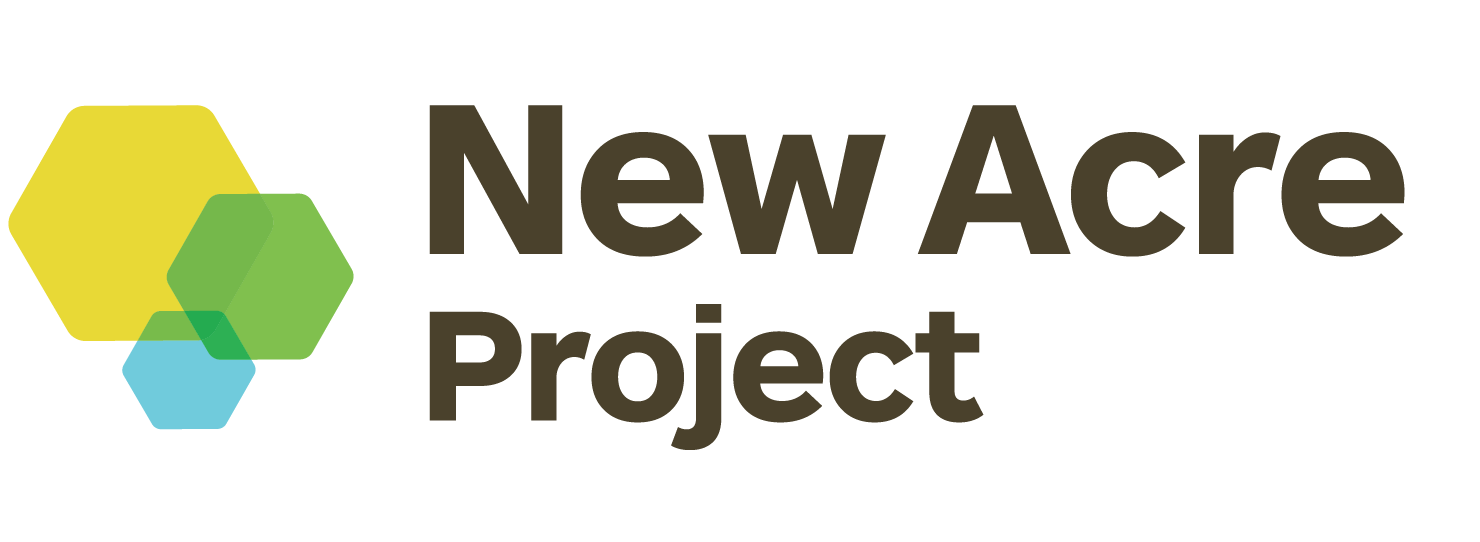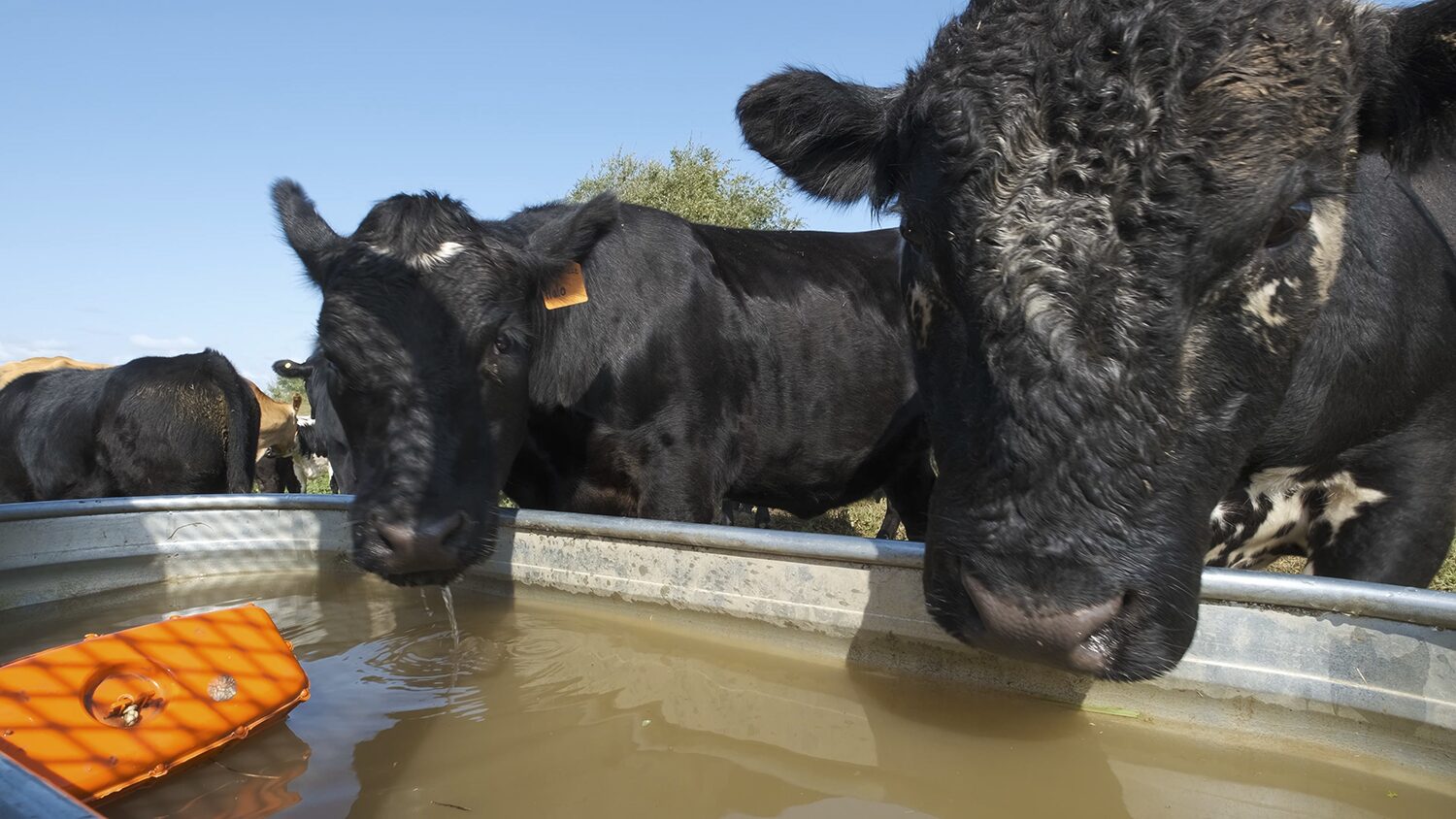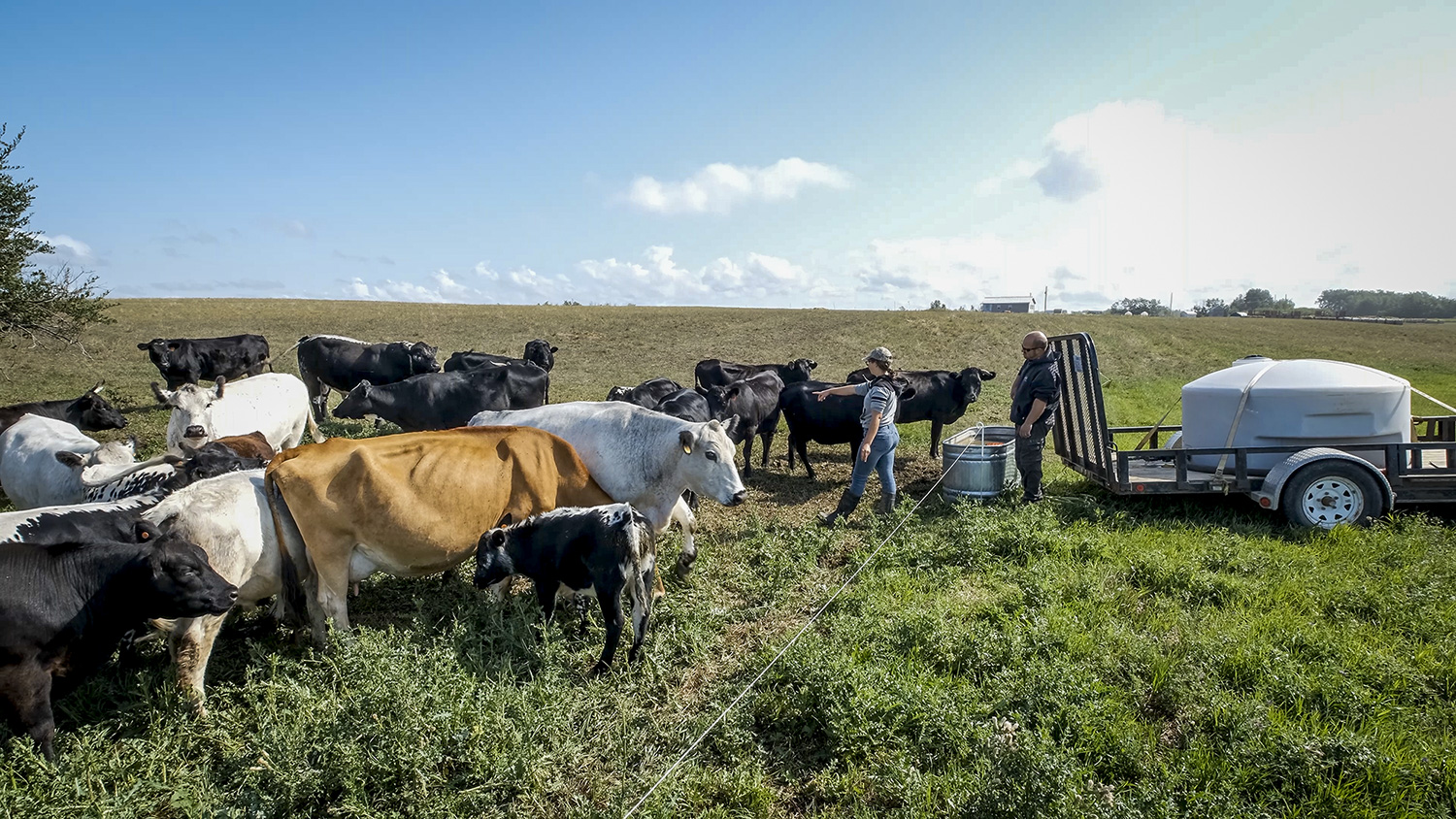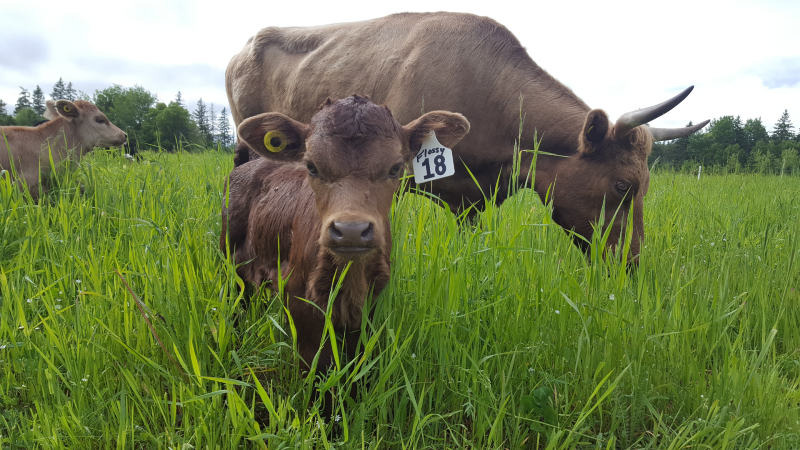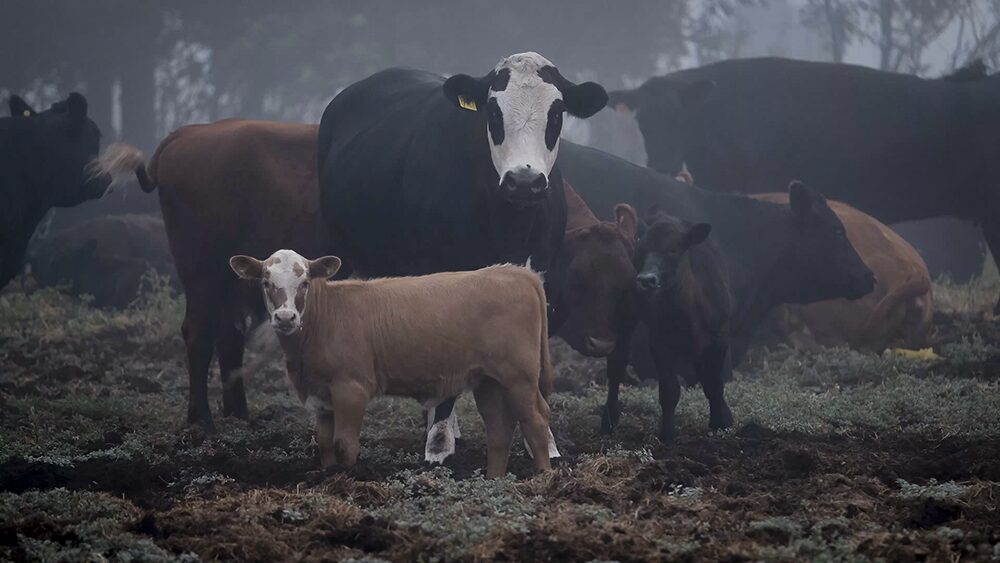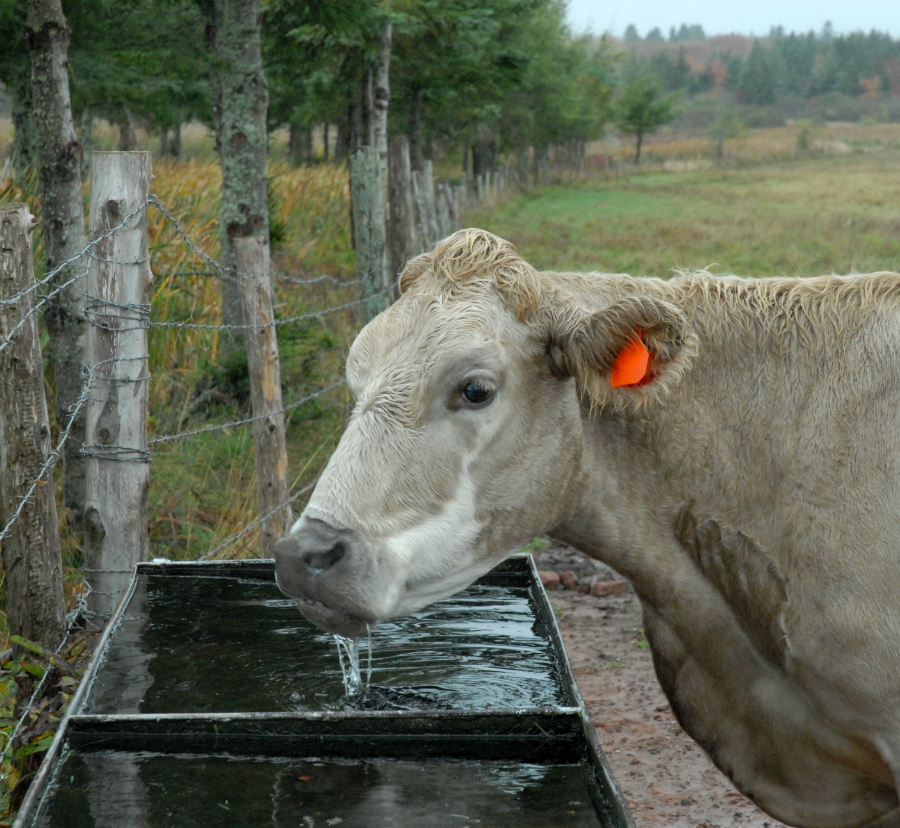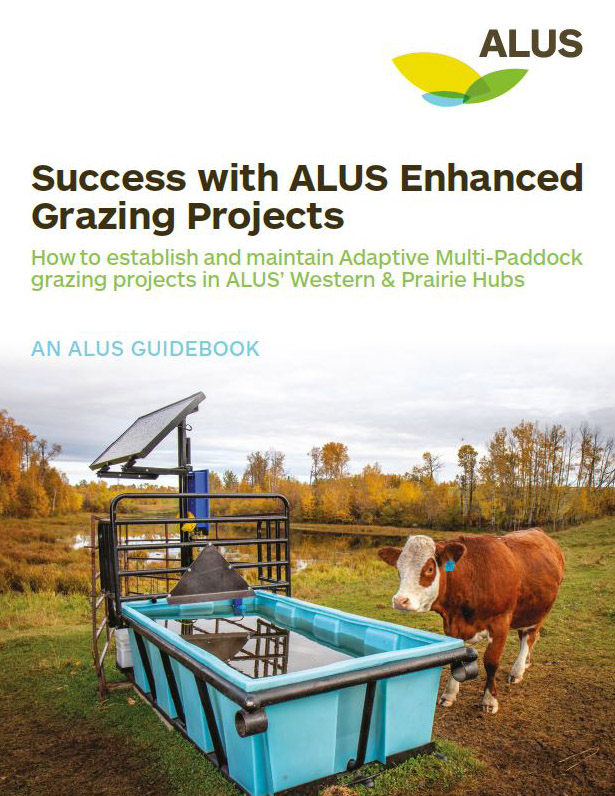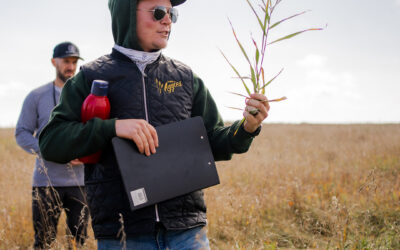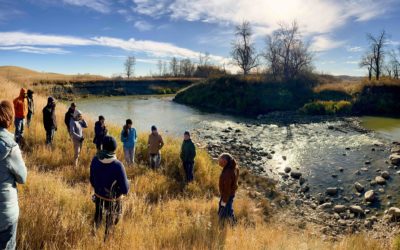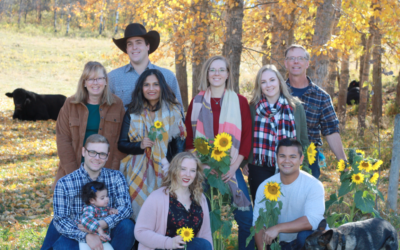Enhanced Grazing Practices
A&W Canada and Cargill have collaborated to create Grazing Forward, to support ALUS and expand its New Acre™ Project, which helps farmers and ranchers accelerate agricultural practices to promote healthy grasslands, improve wetlands, create wildlife habitat and protect species to build landscape resilience.
What Is Enhanced Grazing?
Enhanced grazing with ALUS is a suite of management tools used to catalyze accelerated grass growth and ultimately build rich, healthy soils that sequester carbon and provide many other ecological and agricultural benefits. Multiple ranching practice options exist to meet the realities and needs of each operation.
Enhanced grazing practices include:
- Subdividing pastures into paddocks and grazing for shorter periods
- Providing a long rest and recovery time between grazes
- Balancing stocking rate with forage production
- Grassland improvement and seeding
- Providing upland drinking water away from streams and waterbodies
- Providing upland salt and minerals away from streams and waterbodies
- Permanent and/or temporary fencing to keep cattle out of waterbodies
- Controlling weeds
- Leaving grazing residual
What Are the Benefits of Enhanced Grazing?
CARBON SEQUESTRATION
Enhanced grazing results in a deeper topsoil layer enriched with organic matter and increased leaf litter on the surface. The enhanced biomass above and below ground plays a key role in storing soil organic carbon.
CLEANER WATER
The improved vegetation biomass and leaf litter also increase water infiltration into the soil. Healthy soils work as a filter, reducing nutrient flows from the agricultural landscape into the water cycle, and provide a buffer against flood and drought conditions.
CLIMATE RESILIENCE
Managing soil biodiversity and health improves water infiltration and retention, providing a barrier to both floods and drought.
WILDLIFE HABITAT
Enhanced grazing maintains habitats for numerous grassland species, including mammals, birds and pollinators. Building healthy soils supports a robust population of insects and soil microbes
Grazing Forward at a Glance

communities
acres
MT greenhouse gas emission sequestered per year
invested over 3 years
Grazing Stories
Sean McGrath
Round Rock Ranching
Sheldon Atwood
Tomahawk Ranch
Cole Goad
Goad Family Angus
Dean and Leslie Lovell
Lovell Ranch
Allan Goddard
ALUS Brazeau
Zack Koscielny on Creating Rural Resilience on the Prairies
A new generation of farmers finding community and peer-to-peer support through regenerative farming with ALUS Zack Koscielny on Green Beach Farm and Food at the Prairie Hub field conference. Zack and his family live near Strathclair, Manitoba, and together they...
Restoring Winding Rivers: Dale and JoAnne Sigurdson on Repairing the Riparian
Along the Qu'Appelle River northwest of Regina, the Sigurdsons have introduced an exclusion fencing project and restored riparian buffer with ALUS. ALUS team members visit the Sigurdsons’ project near Lumsden, SK during the October 2022 Prairie Jamboree. The water...
Speedwell Farms: Family Farming and Enhanced Grazing in the Foothills of Alberta
Stephen Smith and his wife Helena introduced sustainable farming and enhanced grazing techniques on Speedwell Farms years ago and continue to do so with support from the Grazing Forward program. Stephen Smith (top right) and his family. In 1906, Stephen’s...
Our Partners


An Initiative of
